Trendlines and Transformations in African Democratic Governance: Lessons for 21st-Century US-Africa Relations
Submit a question
This discussion was followed by a report outlining five recommendations for bolder democratic engagement with Africa for the incoming Trump administration. Read the report here.
Opening remarks were provided by Dafna Rand, Assistant Secretary of State for Democracy, Human Rights, and Labor, Robert Litwak, Senior Vice President of the Wilson Center, and Cyril Obi, Program Director of the African Peacebuilding Network and Next Generation Social Science in Africa program at the Social Science Research Council. Conversation with our four panelists followed, moderated by Africa Program Director Oge Onubogu.
Peter Lewis, the Warren Weinstein Chair of African Studies at Johns Hopkins SAIS, discussed how US engagement with Africa is often framed within the lens of great power competition, particularly with China and Russia. He emphasized that Africans aim to shape their own democratic futures, urging the US to recalibrate its partnerships to bolster positive democracy trends amidst evolving regional dynamics.
Rawia Tawfik, Visiting Associate Professor at the Council on African Studies at Yale University's MacMillan Center, highlighted how new regional actors like the UAE, Iran, Turkey, China, and Russia are reshaping Africa’s governance landscape, often undermining efforts to resolve conflicts, such as in Sudan. She then touched on channels for coordination between the African Union, the US, and the international community to address these shifts and their implications for the continent.
Charles Ukeje, Professor of International Relations at Obafemi Awolowo University, examined the role of Africa’s Regional Economic Communities (RECs) amidst rising instability and coups. He underscored the need for these organizations to better serve citizens by advancing economic, social, and cultural rights, rather than becoming tools for elite interests.
Latifah Namutebi, Strategic Partnership and Advocacy Officer at the Women's International Peace Centre and a Southern Voices Network for Peacebuilding Scholar, explored how technology is transforming political communication in Africa, providing both opportunities and challenges for democratic participation. She stressed the importance of balancing freedom of expression with managing disinformation, and ensuring access to information to foster communication and development.
Speakers
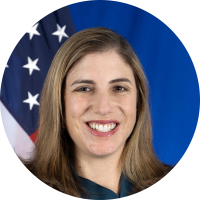
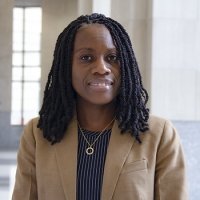


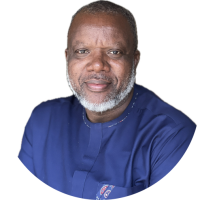

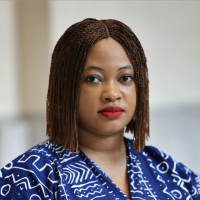
Strategic Partnership and Advocacy Officer, Women's International Peace Centre
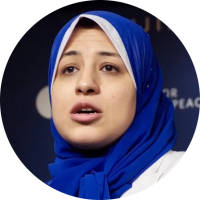
Hosted By

Africa Program
The Africa Program works to address the most critical issues facing Africa and US-Africa relations, build mutually beneficial US-Africa relations, and enhance knowledge and understanding about Africa in the United States. The Program achieves its mission through in-depth research and analyses, public discussion, working groups, and briefings that bring together policymakers, practitioners, and subject matter experts to analyze and offer practical options for tackling key challenges in Africa and in US-Africa relations. Read more

